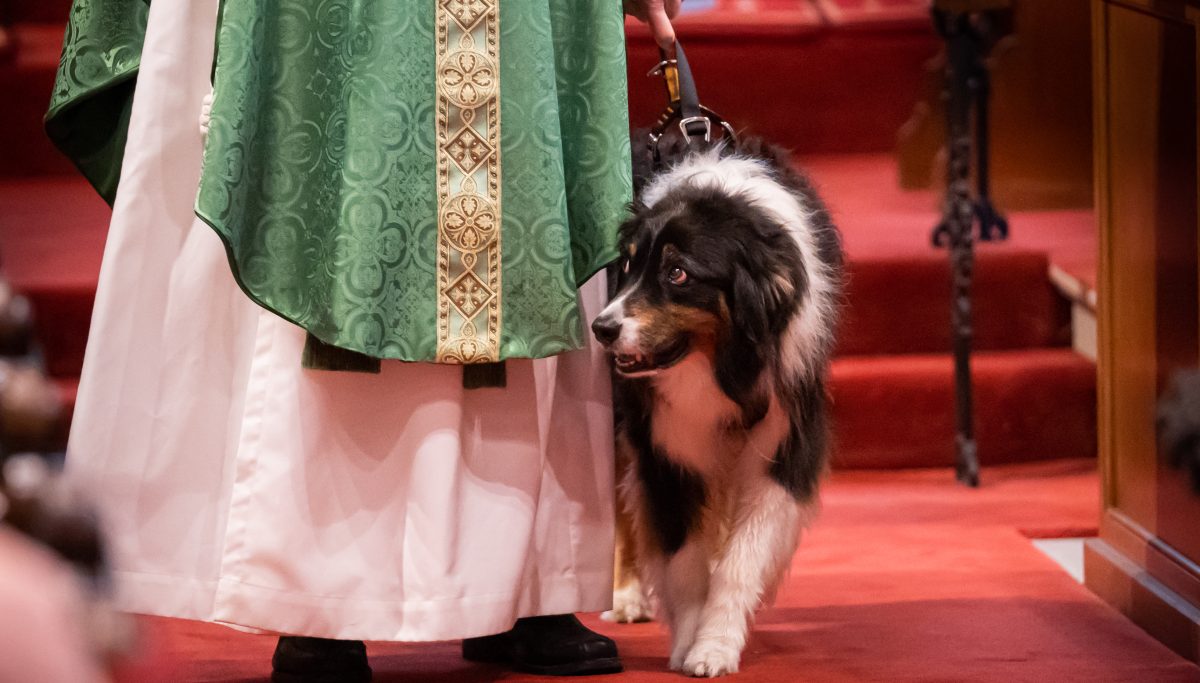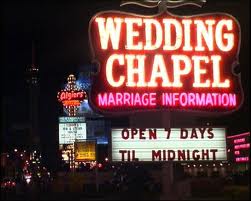Alfred Hitchcock’s Psycho (1960) horrifies for more than one reason. The reason I have in mind is only rarely mentioned in treatments of that film: going insane by taking care of an elderly mother who is already dead.
 If all you can recall from that film is the now classic image of Janet Leigh’s character being brutally murdered in a shower, I invite you to consider the previous scene. Anthony Perkins’ character, Norman Bates, describes his conflicted relationship with his elderly mother. When Leigh’s character suggests that he might “institutionalize” his mother, he strenuously objects, insisting that he could never abandon her. The rest of the film unfolds with classic Hitchcock tension and, well, horror.
If all you can recall from that film is the now classic image of Janet Leigh’s character being brutally murdered in a shower, I invite you to consider the previous scene. Anthony Perkins’ character, Norman Bates, describes his conflicted relationship with his elderly mother. When Leigh’s character suggests that he might “institutionalize” his mother, he strenuously objects, insisting that he could never abandon her. The rest of the film unfolds with classic Hitchcock tension and, well, horror.
All of this cuts close to my bones as I am an only child of an elderly mother. Until recently, I thought I might be going insane trying to take care of my mom in my own home; I refused other options because I didn’t want to “abandon her.” I did that for nearly four years before she moved to a wonderful elder care residence not far from my house last month. My sanity – and thus my life – is slowly returning.
I share this because it’s not just my story. It is the story of a large and growing number of people in the United States and hardly anyone talks about it. I never heard it mentioned in this year’s Presidential debates and I never hear it mentioned in national or state budget negotiations. This is at least odd if not infuriating.
Did you know that Medicare does not cover nursing home expenses except for short-term stays after a hospitalization?
The looming (and already-upon-us) crisis is thus two-fold: emotional and financial. Responding to that two-fold crisis will mean delving into the truly peculiar character of Christian faith and practice.
The Emotional Toll
Through social media I stay in touch with a small group of peers and friends who are dealing with various kinds of elder care. Their stories and anecdotes are by turn hilarious, heart-breaking, gut-wrenching, and inspiring as we try to support each other as best we can.
Don’t for a moment think that “going insane” from dealing with an elderly parent is restricted to a Hitchcock film. The phrases and images I hear from these friends include: “I’m losing my mind”; “I’m desperate here, please help”; “I can’t keep doing this but I don’t have any options”; “I have to quit my job to care for him, but then how do I pay the bills?” That’s a short list of the emotional and relational agony of doing this work of love and devotion – and that’s what it is.
Not to put too fine a point on it, but Norman Bates is not an outlier. I would wager that some of your friends and colleagues are, right now, on the brink of “Bates-related-insanity.”
The Financial Toll
The “fiscal cliff”? Really? Let me — and so many others — tell you about a fiscal cliff. Those of us caring for elderly parents sit on that edge every day. But don’t just take my word for it,. The demographic statistics are alarming. I have found a modicum of sanity in my life only because of some fortuitous financial resources. The vast majority of people in this country don’t have that luxury. Consider the following factoids from this helpful site:
- Chance that a senior citizen will become physically or cognitively impaired in their lifetime: 2 in 3
- Chance that a senior citizen will enter a nursing home: 1 in 3
- Chance that a patient in a U.S nursing home is sedated or physically restrained: 1 in 2
- Average cost to stay in a US nursing home for one year: $76,680
- Percentage of older population with long term care needs who live at or near the poverty level: 40%
So, have an extra $75,000 to throw around to take care of granny? No? What will you do? Are you single, like me? Who the hell is going to take care of you when you get old and “useless”?
Jesus on the Cross
I am absolutely convinced that retrieving the peculiarity of Christian faith and practice can help with our elder care crisis and so much more. How about this: As Jesus suffered in extremis on the cross, he looked at the “disciple whom he loved” and at his mother. Here’s how “John” described that moment:
![]() “Meanwhile, standing near the cross of Jesus were his mother, and his mother’s sister, Mary the wife of Clopas, and Mary Magdalene. When Jesus saw his mother and the disciple whom he loved standing beside her, he said to his mother, ‘Woman, here is your son.’ Then he said to the disciple, ‘Here is your mother.’ And from that hour the disciple took her into his own home” (John 19:25-27).
“Meanwhile, standing near the cross of Jesus were his mother, and his mother’s sister, Mary the wife of Clopas, and Mary Magdalene. When Jesus saw his mother and the disciple whom he loved standing beside her, he said to his mother, ‘Woman, here is your son.’ Then he said to the disciple, ‘Here is your mother.’ And from that hour the disciple took her into his own home” (John 19:25-27).
- John’s Jesus exposes the lie at the heart of today’s religious rhetoric about “family values.”
John’s Jesus excoriates all those religious leaders extolling “traditional marriage” while their elders languish.
John’s Jesus urges a robust critique of the “nuclear family” as the building block for late global capitalism.
John’s Jesus, in the very throes of death, offers a compelling vision for creating a humane and thriving society that values elders by creating homes.
John’s Jesus fuels my impatience for any “Christian economics” that doesn’t account for the care, nurture, and love of the elders among us. The crisis is here. What shall our peculiar Christian faith say about it? Is your church even talking about the social policy implications of all this?
Much more needs to be done today about Christian faith and economics, not to mention families.
Isn’t it time to retrieve the revolutionary implications of the Gospel? Sound too radical? Do you have an elderly parent?




